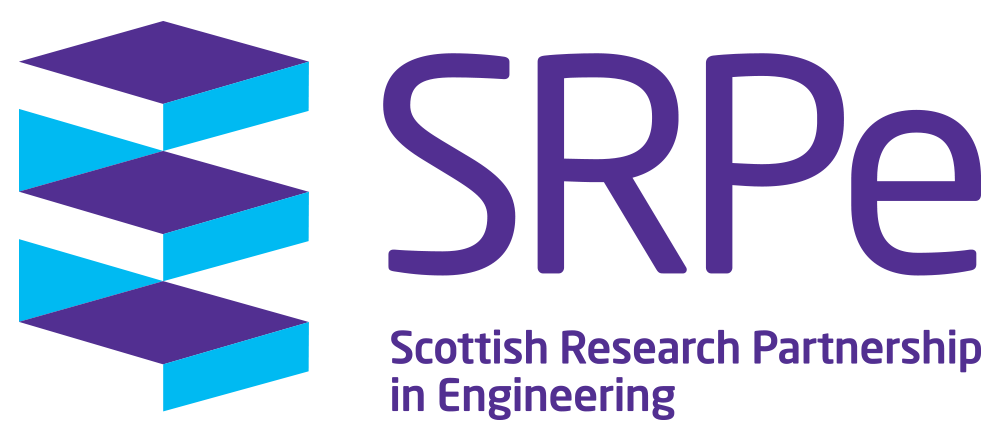3D printed devices for the separation of biologics
Academic Institution: University of Edinburgh
Academic Supervisor: Dr Simone Dimartino
Industry Partner: FUJIFILM Diosynth Biotechnologies UK Limited
PhD Student: Mariachiara Conti
Start Date: 1st October 2019
Abstract
The advent of 3D printing is revolutionizing the world as we see it. 3D printing is not only about plastic ware. Today concrete homes, sugar cakes and even human organs are 3D printed.
This project, run in partnership between the University of Edinburgh (UoE) and FUJIFILM Diosynth Biotechnologies UK Limited (FDBK), employs 3D printing to create bespoke solutions and processes for the biopharmaceutical industry.
In particular, this project focuses on the 3D printing of chromatography columns, i.e. devices to purify biopharmaceuticals and therapeutics, such as those to treat cancer or Alzheimer, to extremely high (99.99%) purity levels. Current purification methods rely on randomly packed beds, a technology developed in the 1940s affected by inefficiencies and high manufacturing costs. Computer simulations demonstrated that ordered structures have significantly improved separation efficiencies, requiring approximately half the size of current equipment. With 3D printing, it is now possible to fabricate ordered structures for chromatography.
Dimartino’s research group employs additive manufacturing to fabricate devices for the bioprocessing industry. Their research focuses on high resolution 3D printing of porous structures with ordered design (Fig 1). Also, they develop materials with appropriate chemical and physical properties to suit a range of bioprocesses, from bioseparations, to bioreactors, to drug delivery scaffolds.
FDBK is a world leading contract development and manufacturing organization for biopharmaceuticals and advanced therapies. In the last 20 years FDBK has developed processes for over 300 products, including recombinant proteins, viral vaccines and gene therapies, for the clinic, commercialization, and long term manufacture. These are life-changing medicines used by patients around the world.
This project will develop tailored chromatography designs and materials to address FDBK’s separation challenges. Ultimately, this will lead to improved product quality as well as lower drug costs. This is required, now more than ever, with austerity resulting in tighter healthcare budgets worldwide.
Fig.1 : Electron microscopy image of a 3D printed porous structure with perfectly ordered geometry

